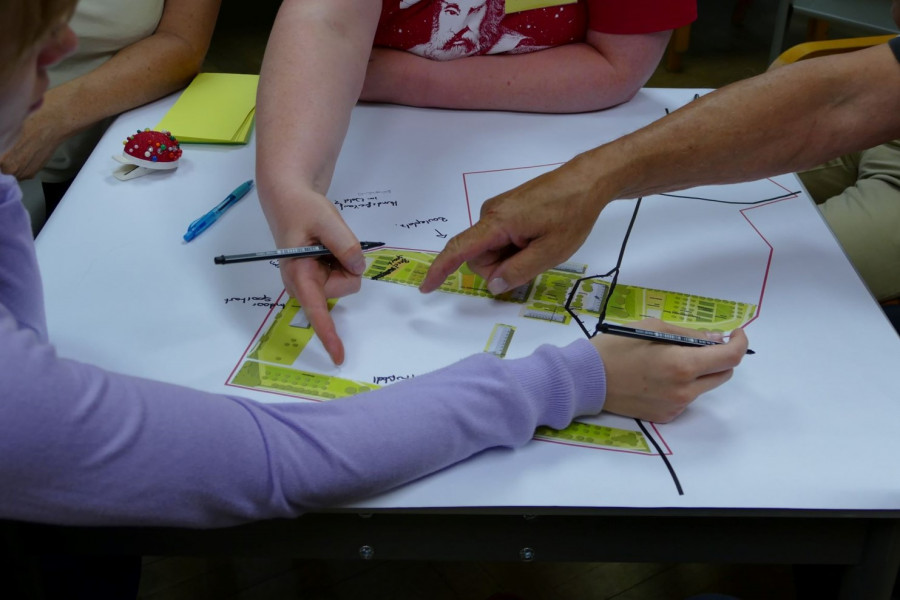Source: Team Ewen 2018
On March 30th, the Öko-Institut e.V. held a one-hour online seminar entitled "The real-world laboratory format in transdisciplinary research: diversity of real-world laboratory approaches and selected real-world laboratory research at the Öko-Institut" as part of tdAcademy's Topic Line 4. The online seminar had been advertised via the tdAcademy online hub and internally at the Öko-Institut and was open to all interested parties without registration. With over 45 participants from various institutions from science and science-related administration or authorities, the online seminar attracted a great amount of interest.
The starting point was the research in the context of topic line 4, which includes a closer examination of real-world laboratories as an innovative format of transdisciplinary research. The reason for the selection of this format is the multifaceted nature and the wide range of possible applications in different thematic fields, which is reflected in various real-world laboratory approaches. According to WBGU (2011), real-world laborartories are transformative, i.e. they aim to contribute to sustainability transformation. They are dedicated to a socially relevant problem area in order to develop socially robust solutions (discursive approach). In addition, there are so-called living labs or transition labs, especially in the Anglo-Saxon world and in the Netherlands, which are often focused on urban contexts, aim for a transformation and implement this with the help of a transition management approach. In addition to these sustainability-focused real-world laborartory approaches, there are now numerous regulatory real-world-laborartories that take the approach of a test space for technical innovation and legal and political regulation (BMWK approach).
The focus of the online seminar was on the differences, but also commonalities of these approaches (e.g. in the orientation, in the selected methods, in the intensity of collaboration). The aim was to highlight these and, in particular, to show the different methods and combinations of methods used, using three (partly already completed) reall-world laboratory projects at the Öko-Institut as examples. The aim of the research in the context of topic line 4 is to develop a better understanding of which explanatory contexts are relevant for the selection of methods, among others in the real-world laboratory format. This links to the question of how these need to be adapted to the context in order to contribute to the success of the real-world laboratory.
The slides of the online seminar can be found here (in German): tdAcademy_Reallabor

